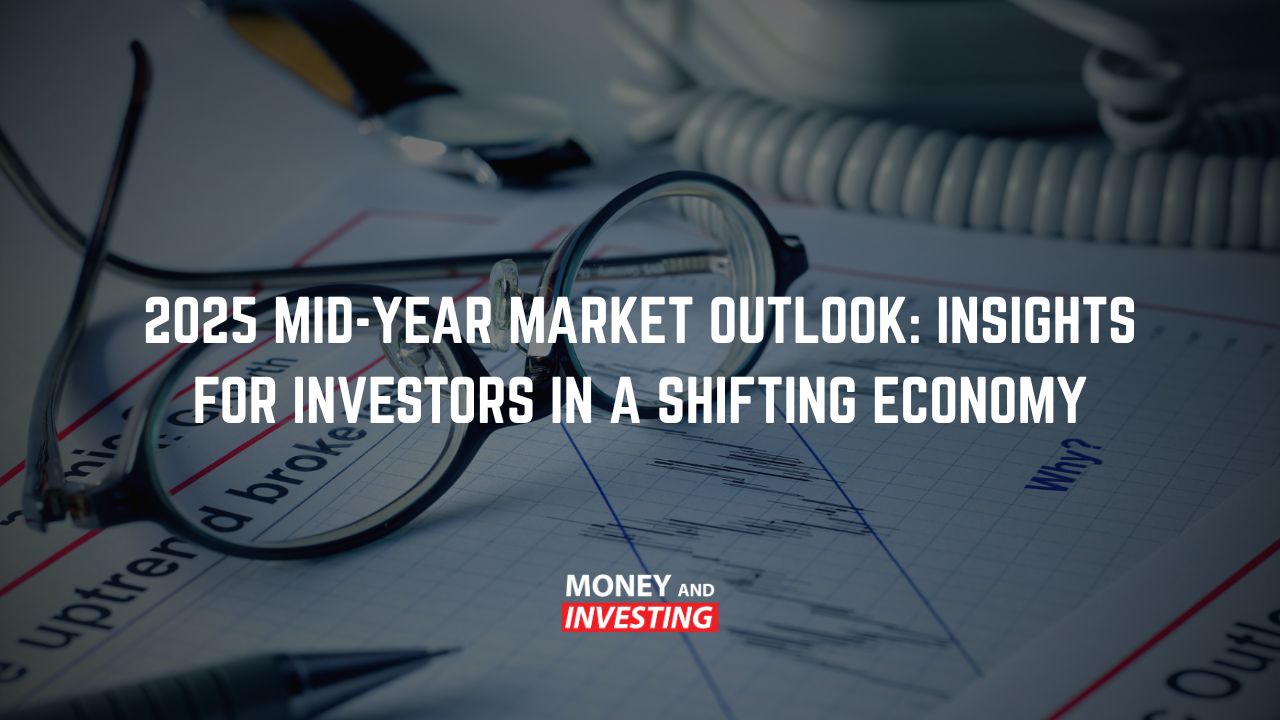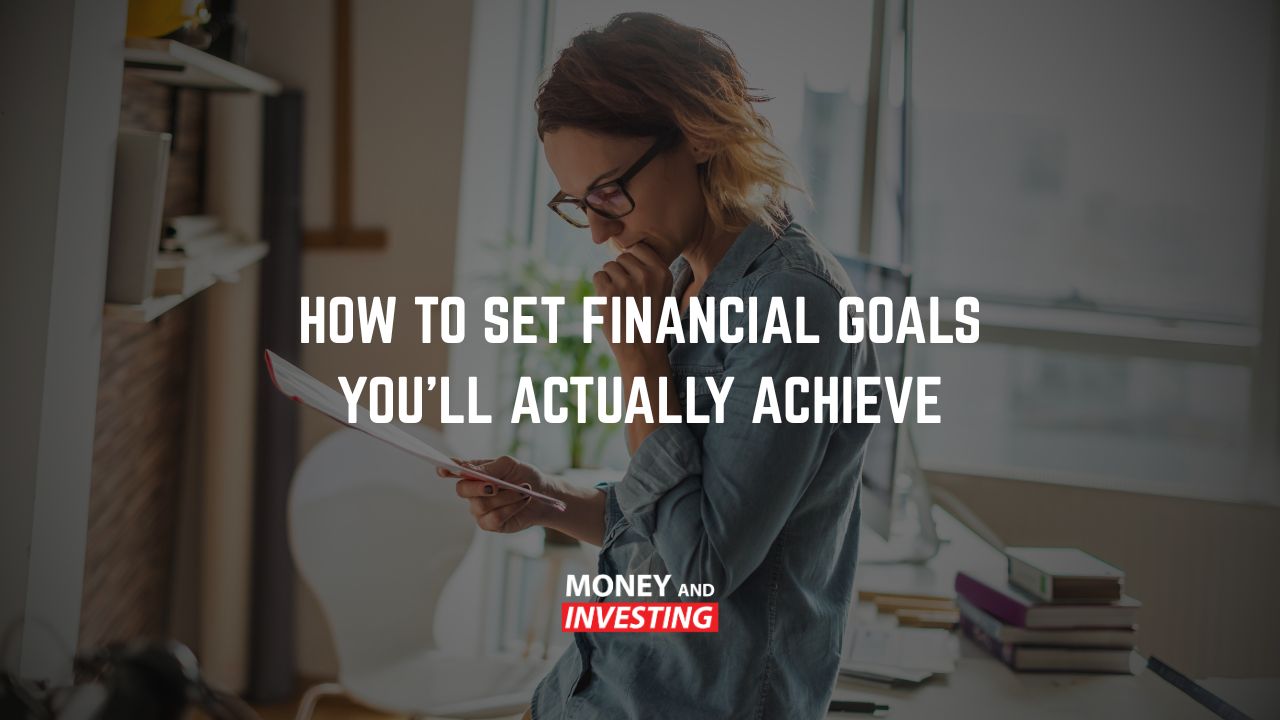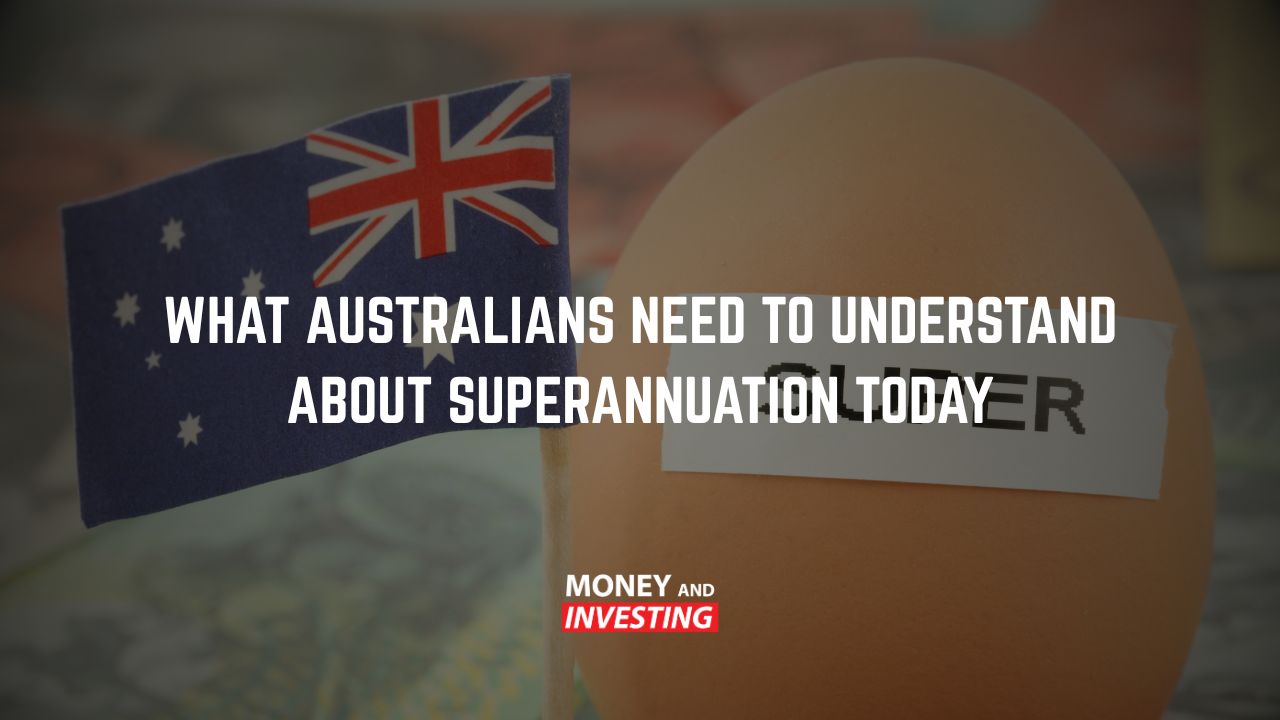At a whopping $2/litre at the bowser, oil prices have been soaring to multi-year highs. With inflationary and broader economic pressures, the energy sector has been one of the strongest outperformers in markets – here’s why:
What’s the Story with Oil So Far?
To put this into perspective for you right from the get-go. And the price of oil has crossed above $86 a barrel for the first time in nearly 4 years. As it’s added on nearly 20% since the start of September. Now, we’re paying nearly $2/litre at the bowser just to fill our cars up given increased fuel prices. Also putting a lot of stress on household budgets.
Host Andrew Baxter attributes the soaring oil prices to the very tight balance of supply and demand. With OPEC (AKA the governing body for oil producers) limiting supply. And a coal shortage in China and India plus an increasing energy demand for travel and heating. Also, for those in the northern hemisphere entering into the colder months. And you’ve got a situation where the demand for oil is far greater than supply. Also, the ramping prices up to multi-year highs. In something that may seem relatively short-term and trivial. And it’s the broader economic affect that’s the scary part.
Supply and Demand
The notion of supply, demand and price is the very core of economic theory. Which can applied in the case of oil. As mentioned in the above paragraph. The supply of oil has been limited on purpose. OPEC has limited oil production in Saudi Arabia and Russia has pulled back. About their natural gas production to Europe. And we’re also in a situation where more and more people get vaccinated. And travel resumes via aircraft and cars. The freight increases with more goods being shipped around the world and winter begins in the Northern Hemisphere. The various economies are requiring more fuel to do all of this. And also more heating oil for their energy production.
Strong demand with limited supply means you are always going to see prices ramp up according to economist of 27 years, Andrew Baxter. Right now, brent crude oil is at a 3-year high and the WTI crude oil prices at their highest levels since 2014. The scary part is that the pace doesn’t appear to be slowing down – investment bank, Goldman Sachs. And expects a $90/barrel price by the end of this year.
Why This is so Important for our Economy
Sure, oil prices are higher, and you have to pay a few dollars extra a litre to fill up your car. No big deal, right? Wrong. Rising oil prices has a much larger. And the overarching effect on our economy than most would ever think. The demand for oil is relatively inelastic, meaning despite whatever prices are, you’ll most likely just pay for it anyway because it is such a necessary component of our day to day lives.
Host Andrew Baxter says that if energy prices are higher – the cost of manufacturing anything is therefore higher and transporting those goods around is also more. Leaving us in a situation of even more inflationary pressure. As we know and have talked of in previous broadcasts. The inflation ‘cat’ is already out of the bag here in Australia – sitting at 3.8% and well above the RBA’s mandate. What does inflation mean to you? Well, it means you’ll be paying more for the same stuff with the net result being your stress on your wallet. And your household budget. Oil and fuel prices are one of the strongest catalysts to cause exactly that.
The Investment Opportunity
All of this information pertaining to oil prices, economics and inflation has no use – unless that information is put into practice. Drawing the fundamental points together, host Andrew Baxter sees a compelling investment opportunity in the energy sector for anyone who has the expertise and the means to do so. In both sector, ETF’s or individual shares is a great way to gain exposure to the upside potential that oil prices may present.
In the long term, something like an exposure to electric motor vehicles is also quite compelling if fuel prices continue to remain out of hand. To learn more and as to why Andrew has this view, reach out to Australian Investment Education.



